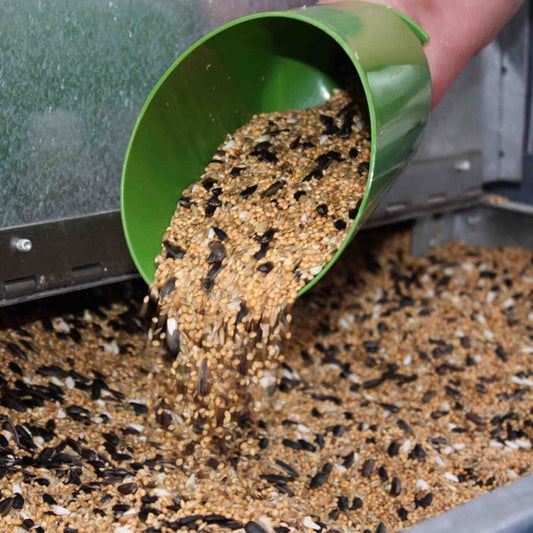
Our living planet in decline
Share
In less than a lifetime our planet will be in trouble if we don’t act now. Wildlife populations are suffering a 69% reduction in size, right across the world, according to the new Living Planet Report (LPR) 2022.

The report shows that wildlife populations declined across assessed regions during 1970 and 2018. The populations of birds, mammals, amphibians, fish, and reptiles are changing and not for the better.
The analysis shows that the areas with the steepest decline are Latin America and the Caribbean – these areas are seeing a decline of 94%, a startling figure we think you’ll agree.
A world leading team from ZSL have spent over a year analysing data from monitored populations across 195 countries to put together the LPI (Living Planet Index) – an indicator of the state of our natural world.
The Living Planet Report has shown that the main reasons of wildlife population decline are loss of habitat, invasive species, pollution, disease, and climate change.
A few species have showed positive results due to conservation efforts – in Cyprus for example, the loggerhead turtle is now showing a 500% increase in nest building. Their nests have been relocated to quieter areas away from tourist footfall.
Closer to home in the UK, the common crane became extinct as a breeding bird in 1600 due to hunting and habitat loss. However, because of a small breeding population in Norfolk in 1979 the total common crane population is now over 200 individuals. A great success story.
So, what can we do to help. Re-wilding has been something we have been interested in for years. Our blog https://haiths.com/blogs/garden-bird-blog/rewild-go-natural?_pos=1&_sid=f3b100538&_ss=r gives advice on how we can all ‘go natural’ – this doesn’t have to be your whole garden – just a tiny corner would suffice. Let your weeds grow free and leave the tidying up till spring. Hedgehogs and insects will benefit.
Don’t leave it any longer to feed the birds. Start now by hanging up a feeder, scatter seeds on the ground, and they will soon appear.

When you next go for a walk, and we encourage you to do this for your own health & well being, take some Duck & Goose Mix along to help feed the local duck and goose population – it’s much better than bread.
Nest boxes are a great way to encourage birds into your garden. There’s no right or wrong time of year to do this. In fact, the sooner the better. A nest box put up in the autumn will become a home to roosting birds and overwintering insects.
Helping wild birds, and indeed wildlife in general, helps us to connect back to nature. Feeding wildlife is both relaxing and helps us to have a greater environmental awareness.
Dr Andrew Terry, Director of Conservation and Policy at ZSL concluded: “The Living Planet Index highlights how we have cut away the very foundation of life and the situation continues to worsen. Half of the global economy and billions of people are directly reliant on nature. Preventing further biodiversity loss and restoring vital ecosystems has to be at the top of global agendas to tackle the mounting climate, environmental and public health crises, and the UK should be taking a leading role in this”
We must fight for our wildlife – let’s not put if off any longer.
Together we can make a difference - let’s make our world a better place – for us but most of all, for nature.
Written by Angela








